
File photo shows the headquarters of the People's Bank of China in Beijing. (Photo/Xinhua)
Premier conducts fact-finding trip to central bank, forex administration
Premier Li Keqiang has called for the financial system to keep bolstering its level of services to the real economy and beef up its support for efforts to expand domestic demand and optimize the economic structure.
Speaking during a fact-finding trip on Monday to the People's Bank of China, the central bank, and the State Administration of Foreign Exchange, the premier highlighted the need to amplify the role of finance in stabilizing the macro economy.
He called for steps to continuously improve the level of financial services, maintain major economic indicators within a proper range and push forward high-quality growth.
Li spoke with employees from the SAFE Investment Center and appreciated the fact that the nation's forex reserves had attained good earnings.
With China's economy being deeply integrated into the world, the nation's forex reserves are an indicator of the confidence of the global community in conducting trade and economic cooperation with China, he said.
China's forex reserves have stood at a level of at least $3 trillion over the years, and the nation has maintained the exchange rate of the yuan at a stable level, which offered a strong pillar for the stability of foreign trade, financial sectors and the economy, he said.
The nation's forex reserves rose to $3.127 trillion at the end of December, up 0.33 percent from a month earlier, according to the SAFE.
The adopting of a prudent monetary policy and the use of aggregate and structural tools have played a key role in ensuring the stability of the macro economy and boosting services to the real economy, Li added.
The amount of inclusive finance lending to small and micro businesses increased by 24 percent on a yearly basis over the past five years, and the interest rates for loans to businesses reached the lowest level since the start of China's reform and opening-up.
The premier added that China has refrained from resorting to a deluge of stimulus policies or excess liquidity, which enabled the nation to stabilize its commodity prices despite rising levels of inflation worldwide.
Li stressed that it is a long-term and arduous task to maintain financial stability and prevent risks, adding that the stability of expectations is the "hard currency" of the market economy.
It is important to further refine the financing environment for the private sector and smaller businesses, prevent and defuse risks and ensure the exchange rate of the yuan is generally stable and at an adaptive and balanced level, he added.









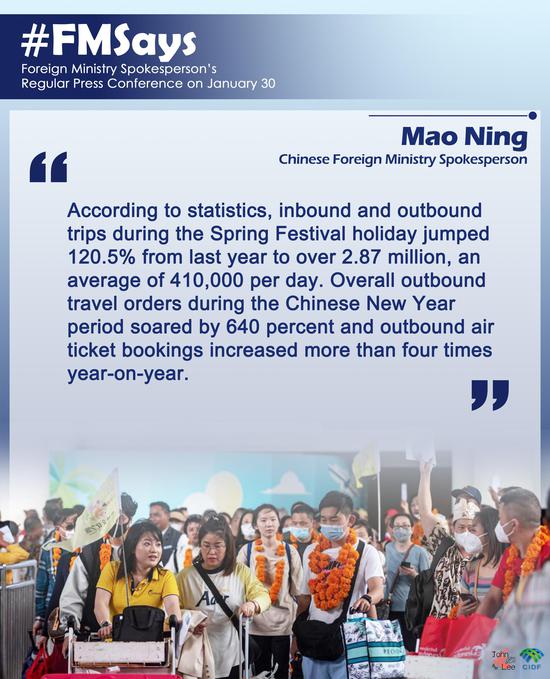



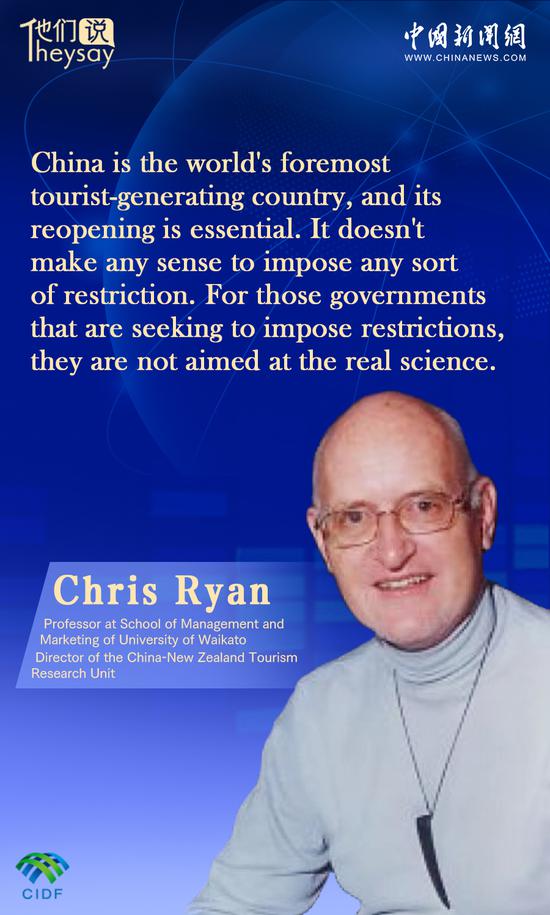

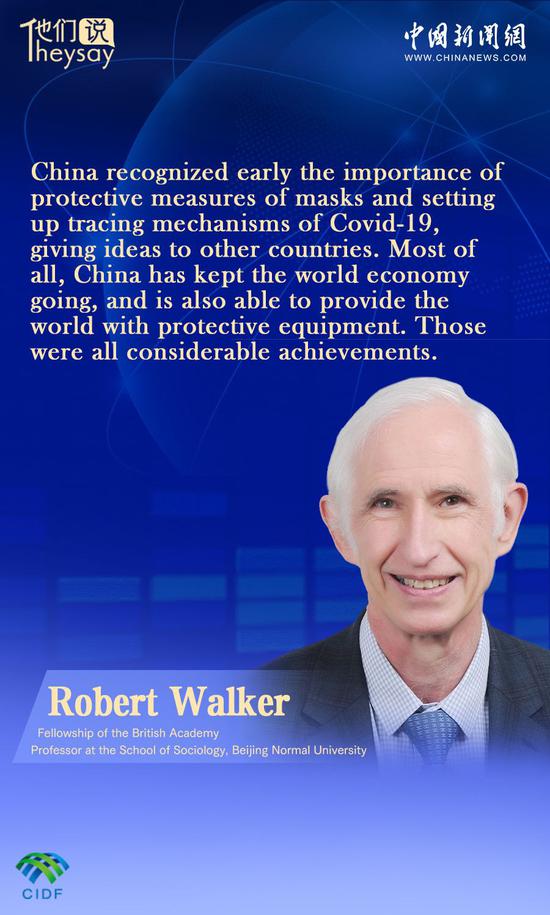
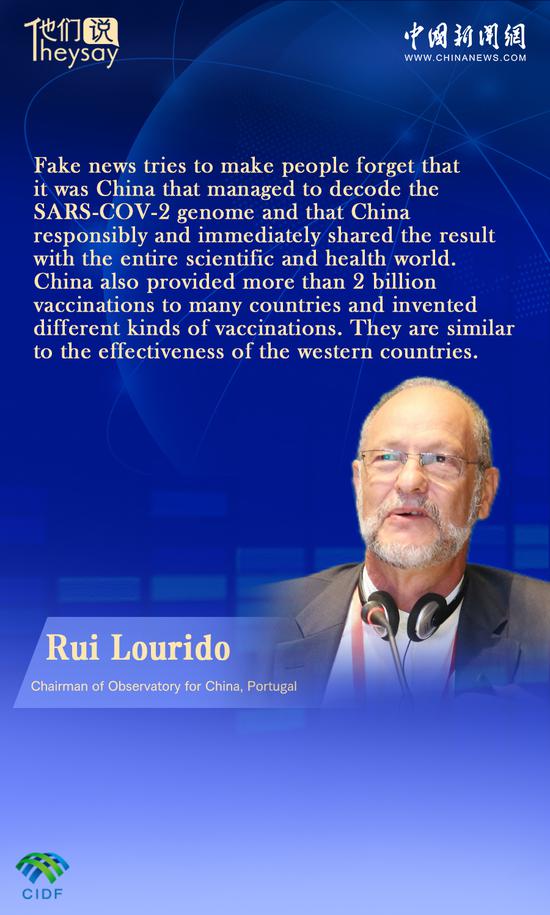

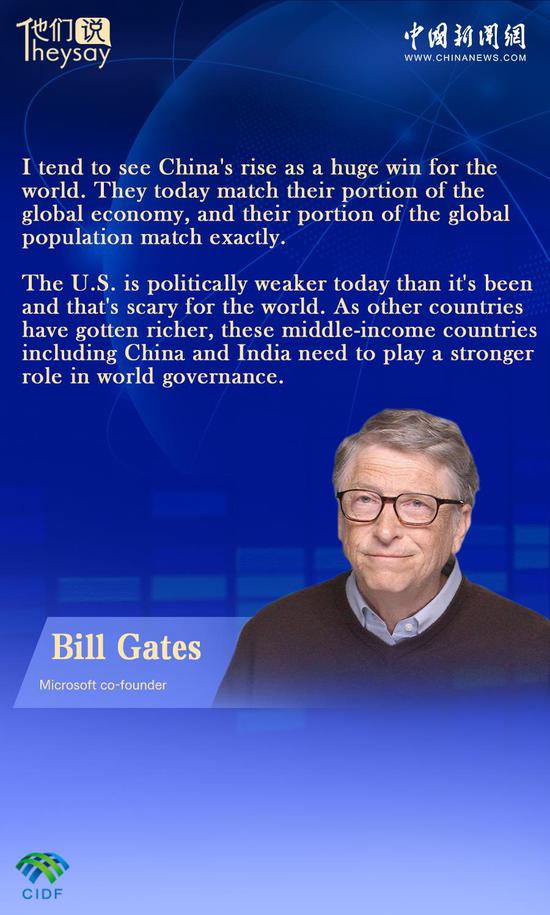



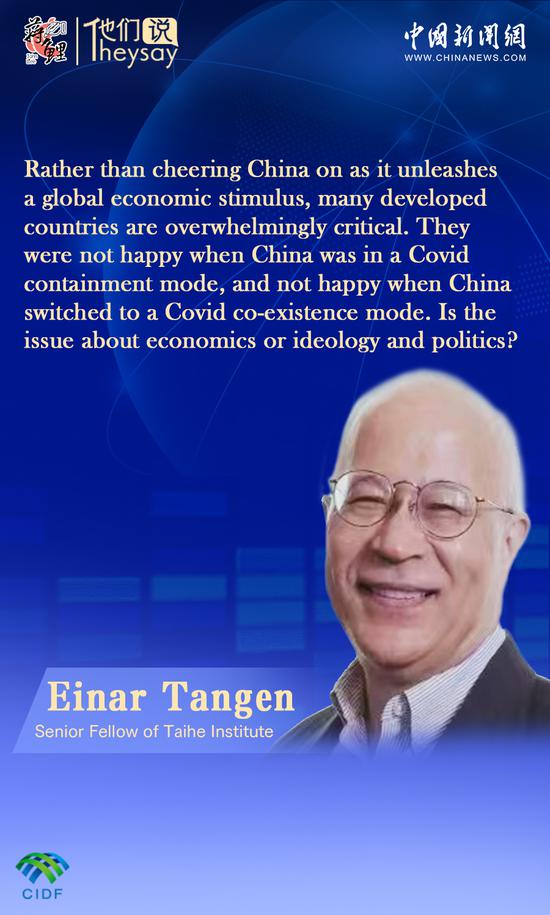
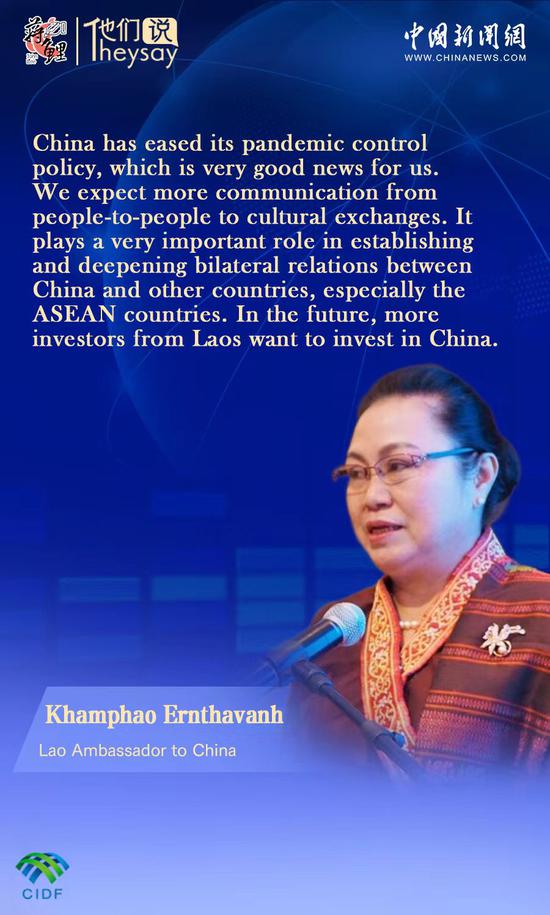



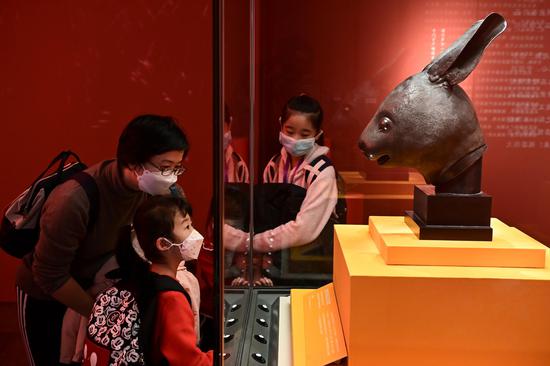

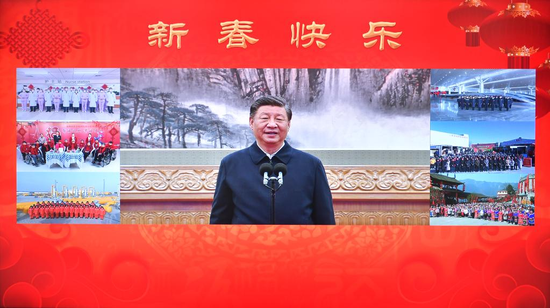












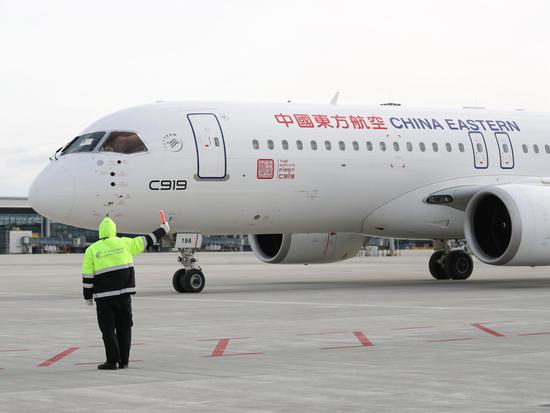
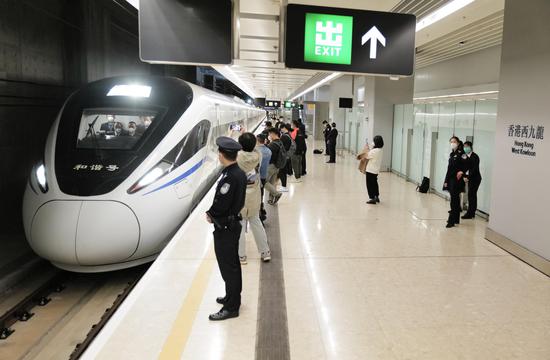






 京公网安备 11010202009201号
京公网安备 11010202009201号